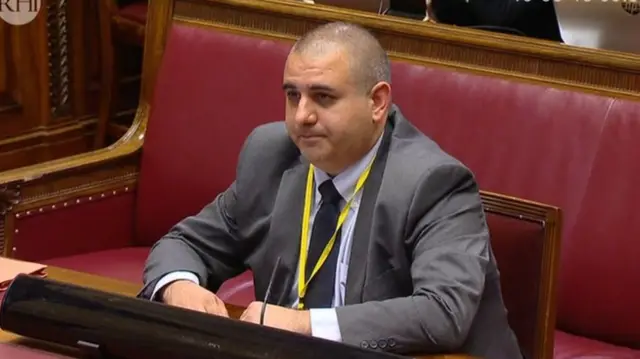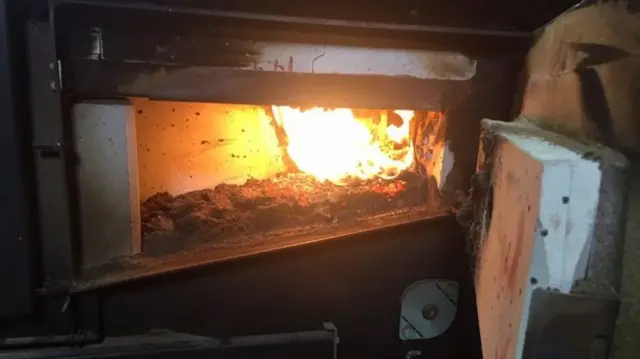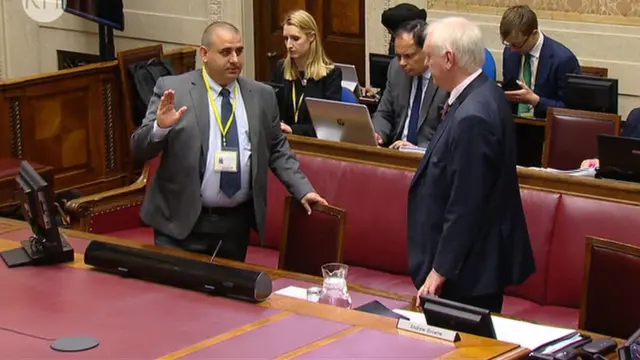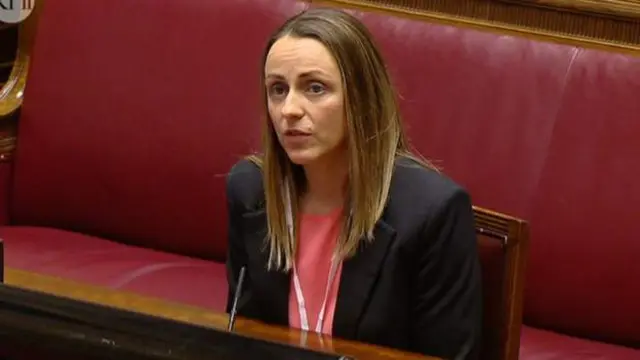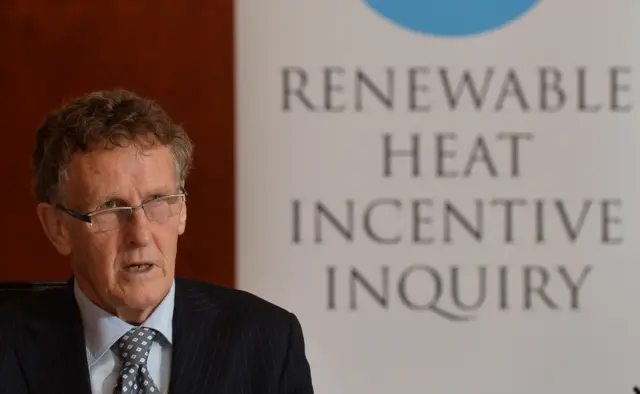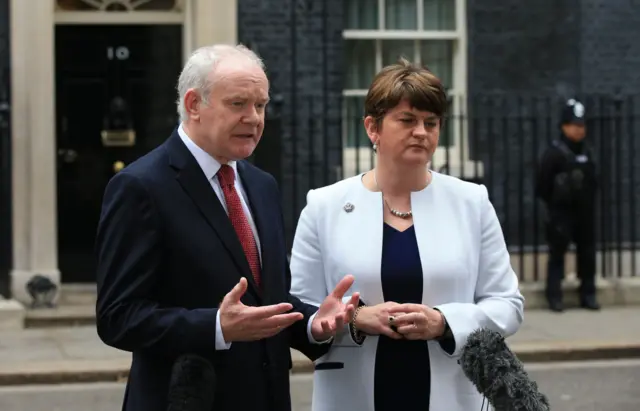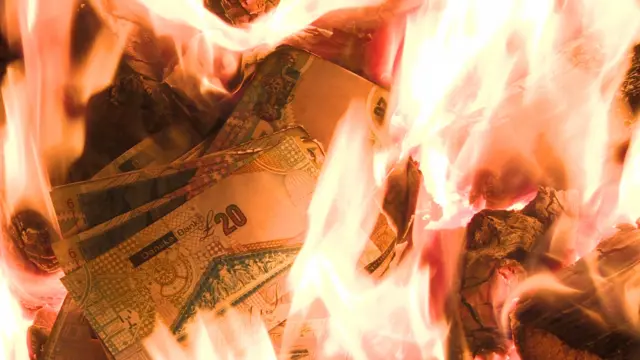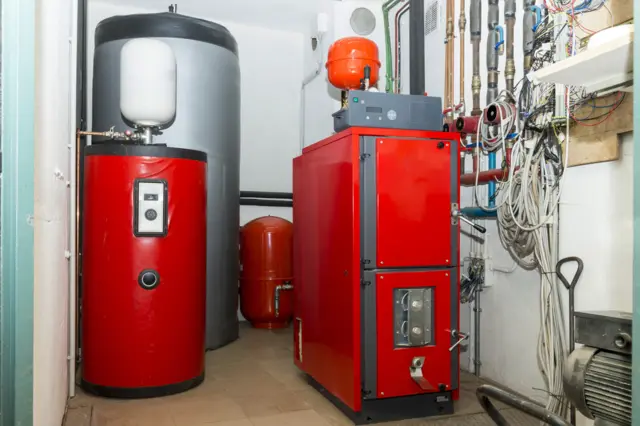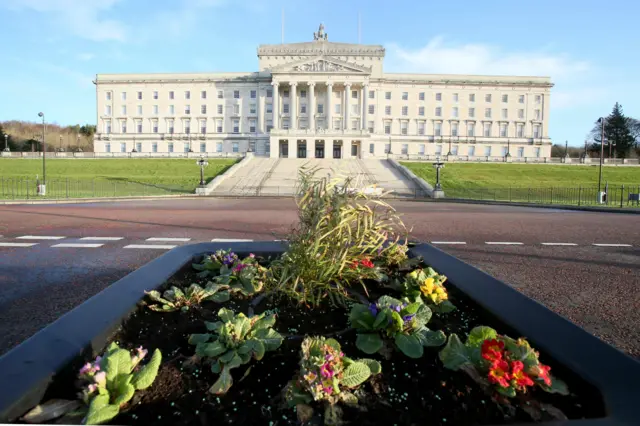'Ofgem discussed scheme cost controls with DETI'published at 10:31 British Summer Time 10 May 2018
Mr John first became aware in mid-2014 of a "looseness" in the regulations of the RHI scheme that allowed claimants to earn more money from the initiative than had been intended.
Inquiry chair Sir Patrick Coghlin to know when Mr John became aware that, unlike the GB initiative, there were no cost controls in place in the Northern Ireland RHI scheme.
 Image source, Getty Images
Image source, Getty ImagesThere were two main forms of cost control designed to prevent subsidy payments running out of control - tiering and degression.
Mr John says Ofgem had a discussion with DETI officials in April 2014 around degression, and in May of that year Ofgem's Dr Edmund Ward discussed tiering with DETI official Peter Hutchinson.
